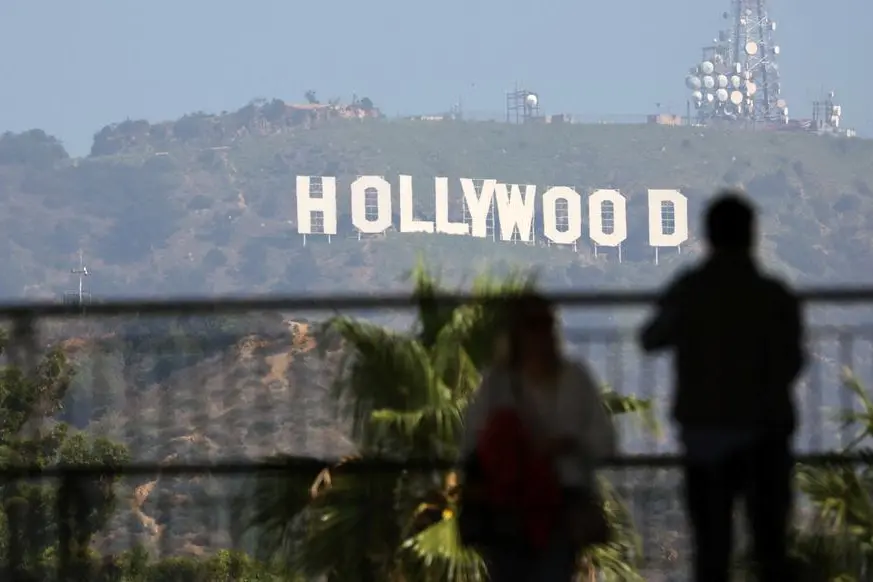PHOTO
The strike by Hollywood screenwriters ended after their union said its members could return to work on Wednesday while guild members vote to ratify the agreement. Is the strike over?
Yes, the Writers Guild of America leadership voted to end the strike on Wednesday after nearly five months on picket lines. Guild members will have until Oct. 9 to cast votes for the proposed agreement. What caused the strike and what were the demands?
Writers began the strike on May 2, demanding higher royalties, mandatory staffing of TV writing rooms and safeguards to their jobs from the use of artificial intelligence.
Another demand was for residual payments when a show becomes a hit. Writers said they have suffered financially during the streaming TV boom in part due to shorter seasons and smaller residual payments.
Details on the new three-year contract suggest that studios have given in to several demands, including pay raises, increased health and pension benefits and AI safeguards.
When will TV shows and movies return?
The strike's end means daytime and late-night talk shows can return to the air.
Late-night talk shows such as "Jimmy Kimmel Live" and "The Tonight Show with Jimmy Fallon" could be among the first to be back.
But for everything else, it could take longer as the actors and performers' union is still on strike. Their demands are similar to that of writers, including higher wages and protection against AI use.
The Screen Actors' Guild (SAG) is considerably larger than the WGA with 160,000 film and television actors, stunt performers and other media professionals.
Analysts said studios will try to move negotiations quickly with the SAG-AFTRA, but it could still take more than a month for an agreement to be ratified.
That means viewers will have wait more for the latest seasons of top shows like Billions, Stranger Things and Abbott Elementary. (Reporting by Yuvraj Malik and Zaheer Kachwala in Bengaluru; Editing by Arun Koyyur)





















